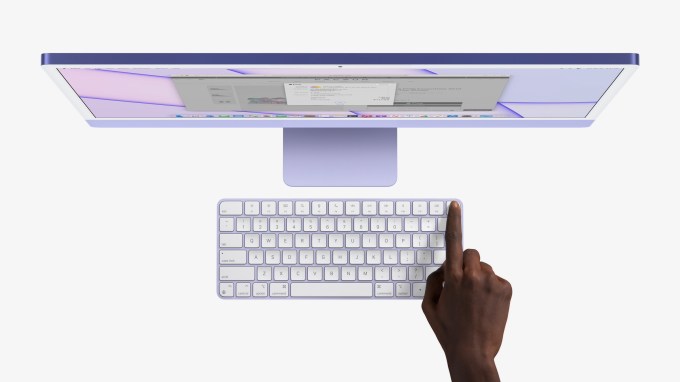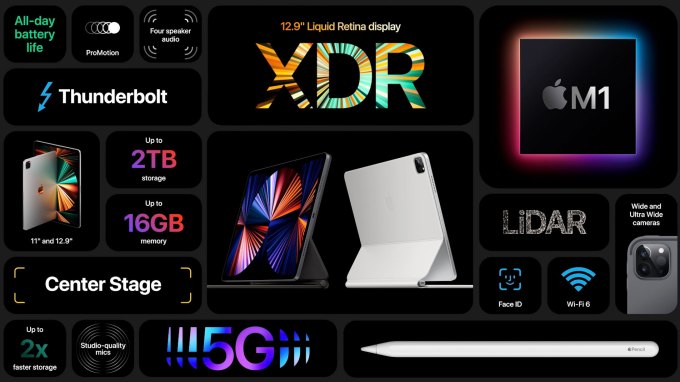News: BlaBlaCar raises $115 million to build all-in-one travel app
French startup BlaBlaCar has raised a new $115 million funding round (€97 million). While the company is better known for its long distance carpooling marketplace, BlaBlaCar has also added a bus marketplace with the acquisition of Ouibus and an online bus ticketing platform with the acquisition of Busfor. Existing investor VNV Global is leading the
French startup BlaBlaCar has raised a new $115 million funding round (€97 million). While the company is better known for its long distance carpooling marketplace, BlaBlaCar has also added a bus marketplace with the acquisition of Ouibus and an online bus ticketing platform with the acquisition of Busfor.
Existing investor VNV Global is leading the round. Two new investors are also participating — Otiva J/F AB and FMZ Ventures. Otiva J/F AB is a fund created by Avito founders Jonas Nordlander and Filip Engelbert. If you’re not familiar with Avito, they specialize in classified ads for the Russian market. Classified giant and global tech investor Naspers acquired Avito. As for FMZ Ventures, it’s a growth fund created by Michael Zeisser, who previously led investments for Alibaba and was a board member at Lyft and Tripadvisor.
It’s a convertible note, which means that the valuation will depend on the next financial event, such as another fundraising round or an initial public offering. But BlaBlaCar co-founder and CEO Nicolas Brusson consider it as a “pre-IPO convertible” round as BlaBlaCar still has a ton of cash on its bank account.
“We already had a lot of cash before this round and we still have more than €200 million in cash following this funding round,” Brusson told me.
Even if BlaBlaCar doesn’t go public right away (or doesn’t raise), there’s a clause with a time frame. After a while, those $115 million will convert into BlaBlaCar shares at a $2 billion valuation in case there’s no financial event.
BlaBlaCar’s strategy and goal with today’s funding round could be summed up with three pillars — carpooling, buses and aggregation.
Let’s start with carpooling, BlaBlaCar’s core business. The company started 15 years ago with a simple goal — matching empty car seats with passengers going in the same direction. While last year’s lockdown has impacted carpooling, it shouldn’t be compared with trains or flights.
“With our carpooling network, there’s no fixed costs,” Brusson said. So BlaBlaCar isn’t paying to put empty cars on the road as everything is community-powered. But, of course, as BlaBlaCar takes a cut from each transaction, revenue took a hit during last year’s lockdown.
Activity bounced back last summer and it’s been up and down ever since depending on current restrictions. “Car is and will be the universal connector that doesn’t rely on train stations or bus stops,” Brusson said.
The carpooling marketplace will always remain a strong revenue generator. In 2020 alone, BlaBlaCar had 50 million passengers across 22 markets overall. In other words, never bet against carpooling.
For the past few years, BlaBlaCar’s second pillar has been buses. In particular, buses represent a huge opportunity in emerging markets and Eastern Europe.
There are already a ton of buses on the road, you simply can’t buy tickets online. BlaBlaCar’s total addressable market in this category is huge and the company is mostly focused on moving offline supply to its online marketplace.
That’s why the company is also acquiring Octobus, a Ukrainian company working on an inventory management system for bus supply. “It consolidates our tech stack in the region,” Brusson said.
Finally, BlaBlaCar’s third pillar is all about creating loyal users that keep coming back to the platform. The company wants to build a multimodal app where you can find all shared travel — carpooling, buses and soon trains.
The startup will add train operators on its marketplace by the end of 2021 or early 2022. I asked Brusson whether he wanted to build an Omio competitor. Formerly known as GoEuro, Omio lets you book train tickets, bus tickets and flights on a single platform.
BlaBlaCar wants to follow a different strategy. It wants to focus first on a handful of countries so that it can sell everything a local would expect.
Eventually, you could imagine opening the BlaBlaCar app to find the best way to go from A to B. It could involve a train ticket followed by a carpooling ride to reach a tiny town. Or it could mix carpooling with bus rides. Thanks to BlaBlaCar’s reach, the French startup is uniquely positioned to connect two small cities through shared transportation.


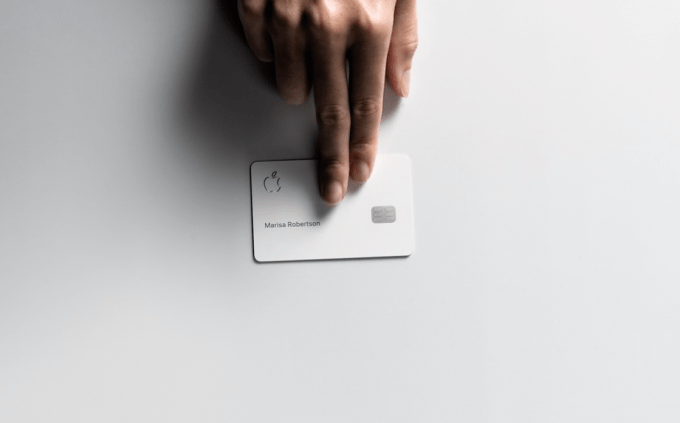
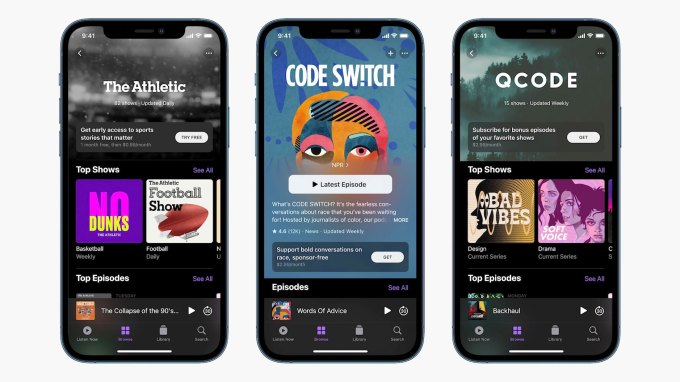
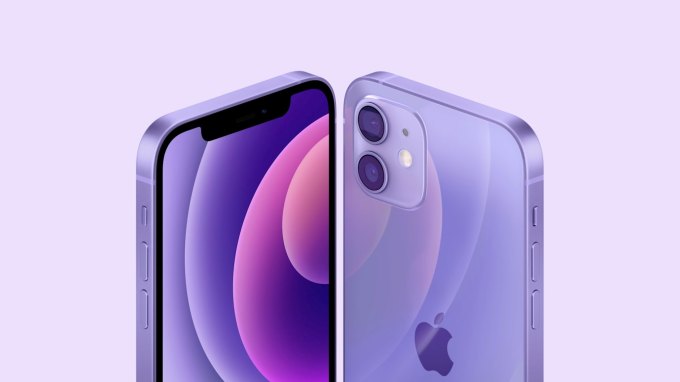
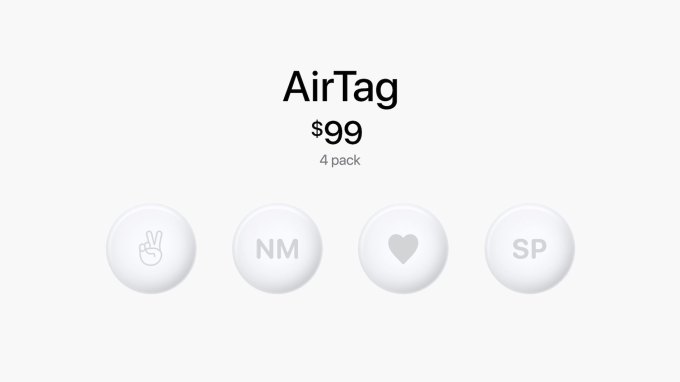

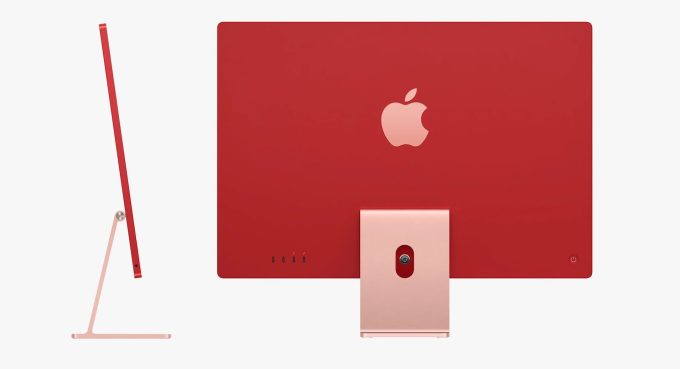 Time for the iMac to shift over to M1! Apple announced a new lineup of iMacs — and in a throwback to the iMacs of yesteryear, these new ones
Time for the iMac to shift over to M1! Apple announced a new lineup of iMacs — and in a throwback to the iMacs of yesteryear, these new ones 